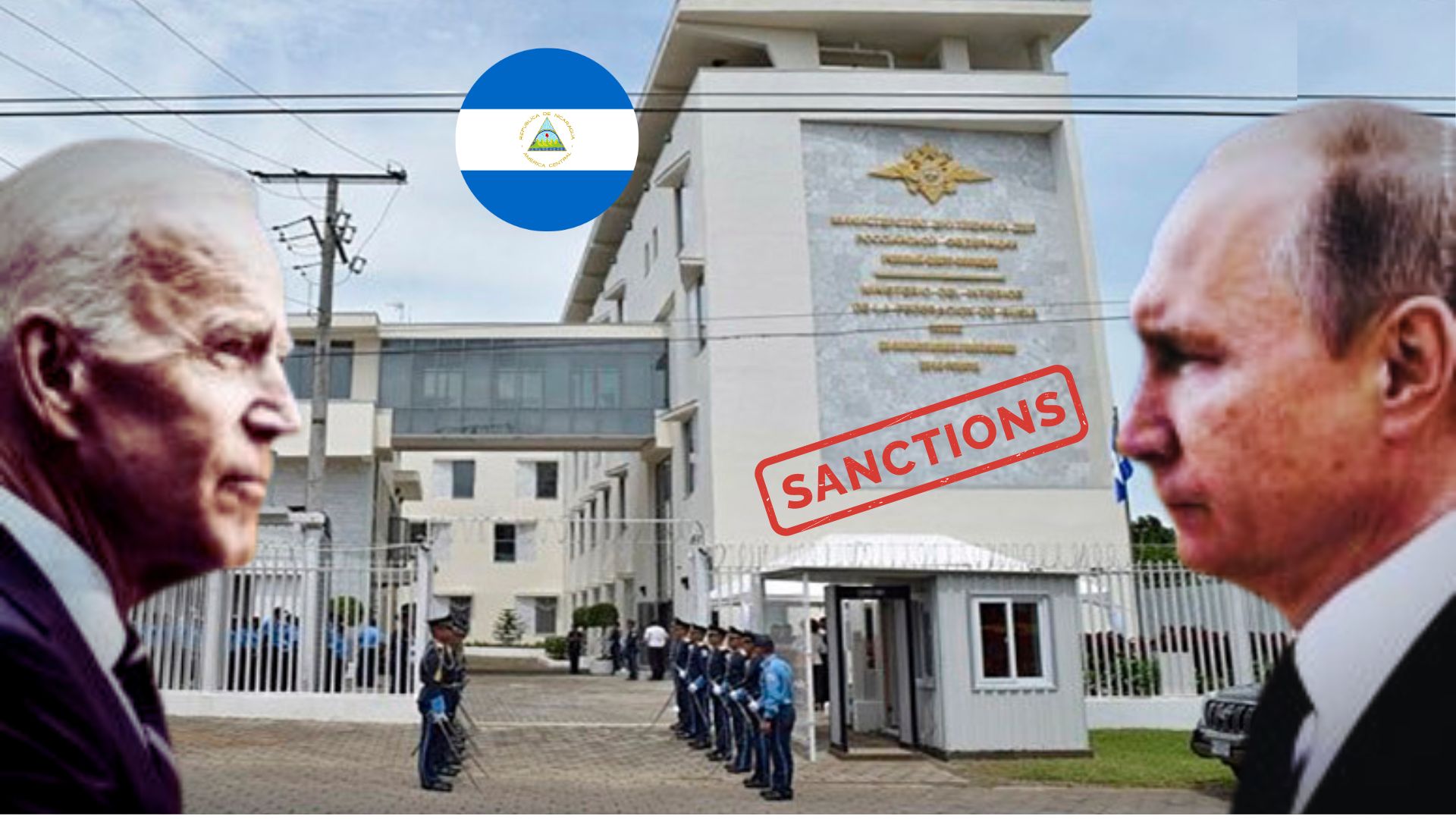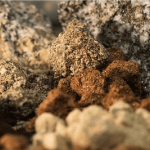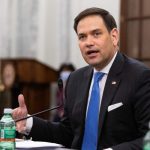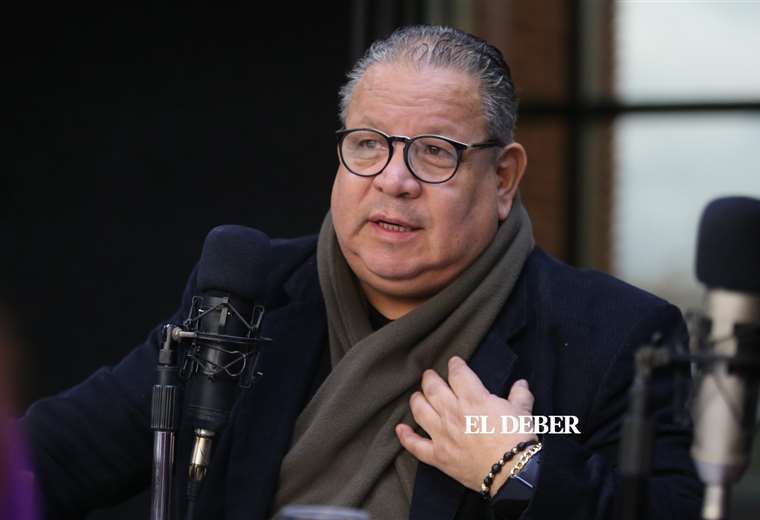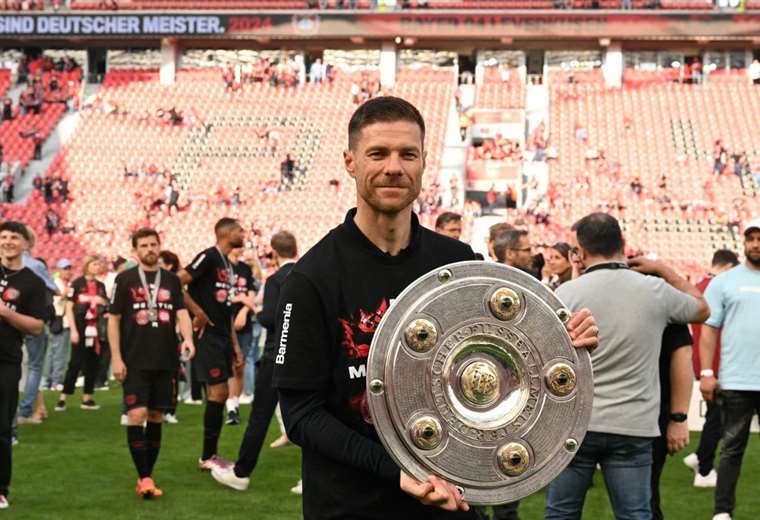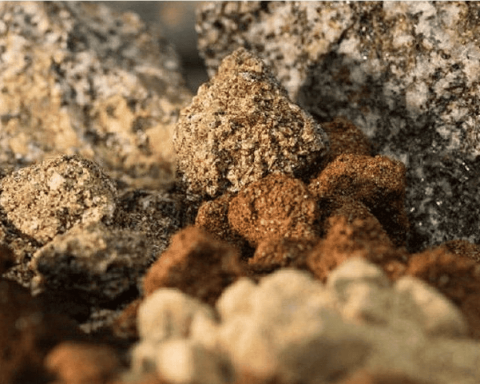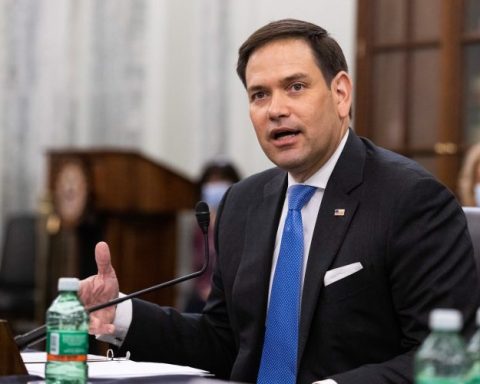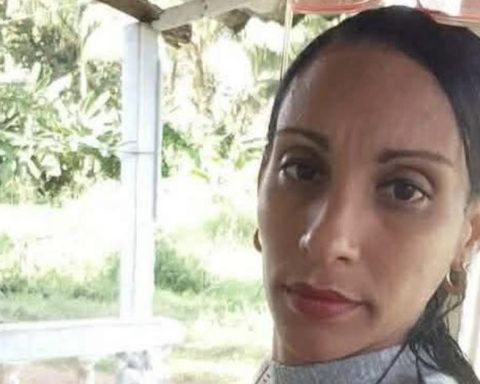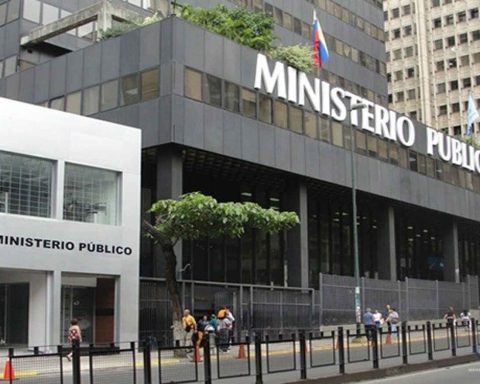The Russian government reacted to the sanction imposed by the US Government. to the police “training center” established in Nicaragua, and assured that the North American measure is “a shot in the foot” of the Americans themselves because, according to what they claim, this center has collaborated in combating organized crime.
The US Treasury Department announced on Thursday, May 16, sanctions against several Nicaraguan companies and the Russian Interior Ministry training center in Managua, an institution that is also said to be used for espionage in the region.
Now, the Russian Foreign Ministry described the sanction as a “shot in the foot”, dangerous, not only for the Americans themselves, but also for their neighbors (in the region),” according to a publication by the Russian media outlet RT.
Related news: New sanctions on mining companies and espionage “hit the pockets” of the Sandinista dictatorship
“It is a clear shot in the foot, ridiculous and dangerous not only for the Americans themselves, who do everything possible to protect themselves from the uncontrolled migratory flow from the south and drug trafficking, which has overwhelmed the country, but also for their neighbors,” said the spokesperson for the Russian Foreign Ministry, María Zajárova, according to the RT note.
The Kremlin diplomatic spokesperson added that “in the delirium of sanctions, the current American ruling elite strikes indiscriminately. Guided by its own rules, which are based on the same double standards, it divides police officers into good and bad.

According to Putin’s official, thanks to the sanctioned center, Nicaragua has become one of the safest countries in Central America, and that the institution installed in Managua is “one of the best training institutions in the region aimed at improving the qualifications of law enforcement officials.
This reaction of the Russian Foreign Ministry collapses by itself, taking into account recent events that have to do, precisely with drug trafficking that is shipped in Nicaragua and that reaches Russian ports, which shatters the claim that the center of Russian training in Managua, serves to prevent the entry of cocaine into the United States, because it does not even stop containers heading towards the same country.
Nicaragua is close to once again becoming one of the Heavily Indebted Poor Countries (HIPC), as its external debt approaches 50% of the country’s Gross Domestic Product (GDP), while the macroeconomy now depends on family remittances sent by Nicaraguan migrants and its productive capacity remains submerged, being the second lowest on the American continent.
In the most recent update of your Economy Blogthe economist Néstor Avendaño analyzes the internal and external risks that Nicaragua faces for this year, which could in some way affect the country’s finances and economy, and in said analysis, the expert recognizes that the external risks are greater than the internal ones. and the latter are low.


Although the economist points out that, in terms of economic risks, these are low, he nevertheless points out that, “the economic variable that shows a very high risk is the low proportion of Nicaragua’s GDP per capita, valued in nominal dollars, with with respect to World GDP per capita.
In this sense, the economist indicates that “on the continent of America, the level of GDP per capita in Nicaragua is the second lowest and only precedes that of Haiti”, a country historically sunk in misery.
The regime of Daniel Ortega and Rosario Murillo continues to sell the illusion of the Grand Interoceanic Canal, a project that in 2013 was awarded as a concession to the supposed Chinese businessman. Wang Jing, but on May 8, 2024, the regulations that granted this concession to the Asian investor were annulled through the repeal of Law 840.
In an interview with an official media outlet, the Minister of Transportation and Infrastructure, Óscar Mojica, who now serves as president of the Canal Commission, stated that the Ortega plan “is not a dream, it is a reality, we must take it seriously. responsibility and determination.
«We are not going to sell illusions, We speak with facts and realities. We do not want to compromise criteria, we must determine with all its aspects the viability of an interoceanic project,” Mojica stated on May 16.


The minister stated that “we have no doubt that the Nicaragua Interoceanic Canal is the most profitable project that our country has known throughout its history, in addition to being the one with the greatest economic and social impact,” without referring, of course, to to those same promises that they have spread for more than a decade, without there being even a minimum of visible work.
With the construction of the Grand Canal, Mojica hopes to “generate large sources of employment, diversify the training of human talent to be able to respond to the needs of this new challenge and do a very responsible job of ecological sustainability, preservation of the environment and the great rivers. “It’s going to be a huge positive impact.”
